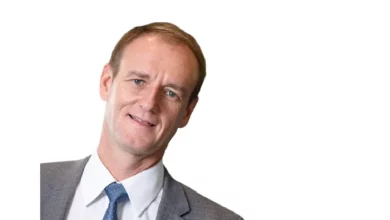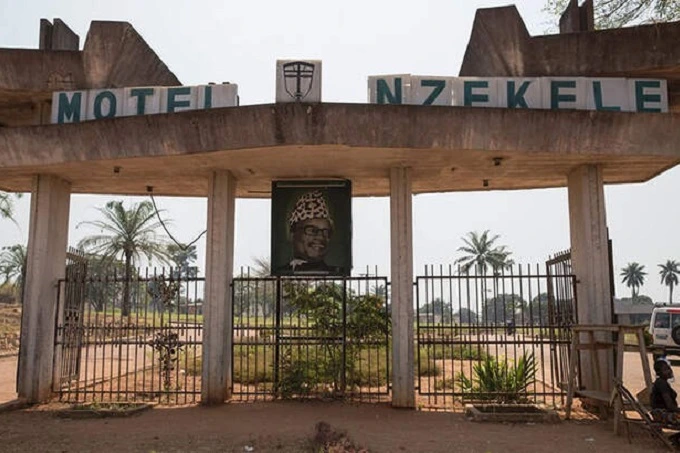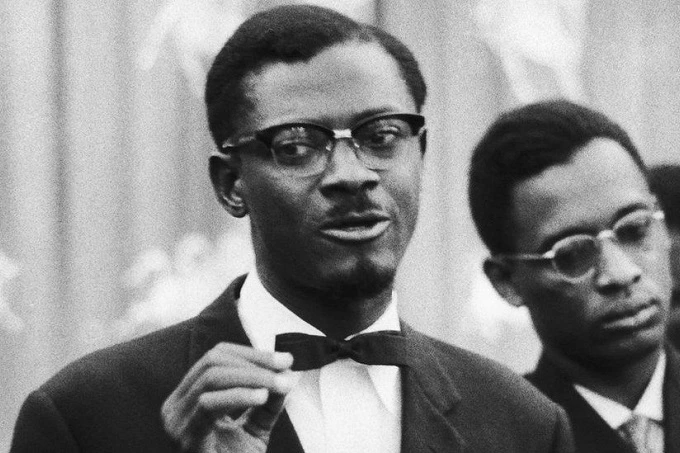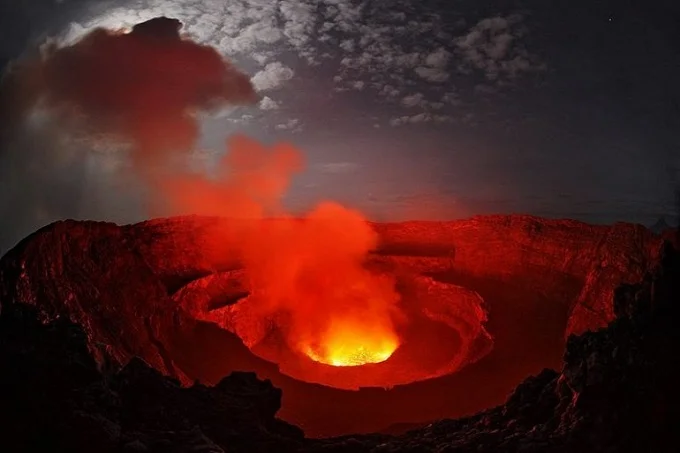Cities of oppositions will vote in march but new president takes oath in January
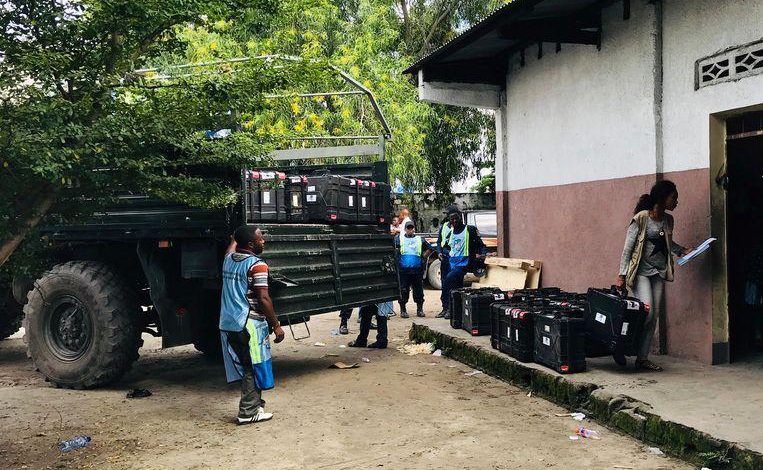
With more than two years delay, the Congolese can go to the polls tomorrow. They not only elect a new president, but also a new national parliament and new provincial councils. That the elections will be fair, is still the question. For example, in three cities where the opposition is strong, elections are held in March. The new president is already sworn in January.
Other conditions for fair elections also do not seem to be really fulfilled. For example, the elections were postponed by a week last week because the election committee was not ready in time.
Power change
The presidential elections are taking away all the attention this time, because they have led to a democratic change of power for the first time since the independence of Belgium in 1960. The party of outgoing president Joseph Kabila appointed Emmanuel Ramazani Shadary as her candidate and he will have to take on twenty other candidates.
The most important are Martin Fayulu – who is supported by the heavyweights Moïse Katumbi and ex-vice president Jean-Pierre Bemba – and the joint candidacy of Felix Tshisekedi and Vital Kamerhe. The first – the son of opposition leader Etienne Tshisekedi, who died in Brussels last year – is the candidate for president, the second is candidate for prime minister.

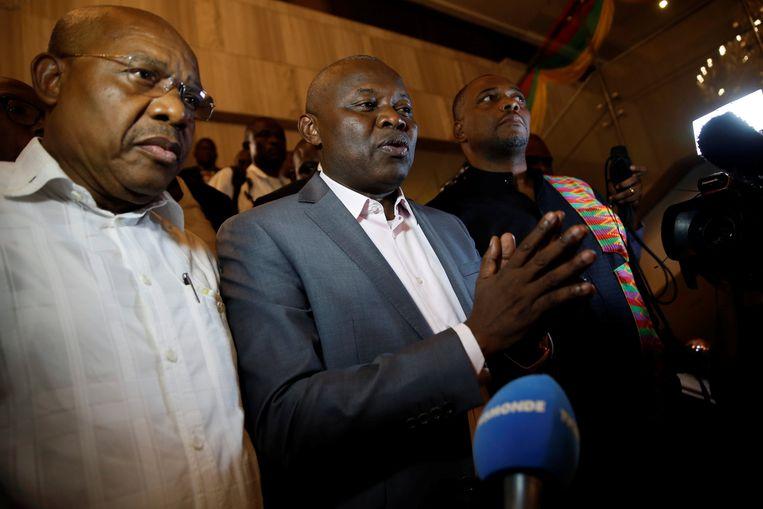
As you know, Kabila is not a candidate again: he already has two terms. That second term ended at the end of 2016 and the Kabila camp has done everything in the past years to put the elections on the back burner. The last few months it has turned and the party seems to want to go to the elections at all costs, without having to wonder whether all logistical and organizational issues have been clarified.
Postponement
That not everything was round, the Electoral Commission had to admit itself last week Thursday: three days before the elections would be organized, a postponement with a week was announced. For this purpose, reference was made to a fire in a CENI warehouse, in which 8,000 voting computers were damaged. The true cause of that fire has not yet been clarified.
According to the independent Electoral Commission (CENI), some 40 million Congolese have registered as voters. However, they can not all vote on Sunday: more than 1 million voters from the eastern cities of Beni and Butembo and the western city of Yumbi have to wait until March, according to the CENI because of the insecurity and the Ebola epidemic in those areas. Observers, however, see a manoeuvre of Kinshasa to cut off the popular opposition candidate Fayulu.
Observers refused
European and American observers have been denied by the authorities, arguing that Congo is a sovereign country and does not want to see peeps. Was also refused: financial support from abroad. The cost of the ballot box is however estimated at 500 million dollars, or 10 percent of the Congolese budget.
If everything continues in the coming days and weeks according to the CENI planning, the final results of the presidential elections are expected on 15 January. The new president will then be sworn in on January 18th. The events of the past few days point out that it is not yet certain that everything will run so smoothly.
How the street will respond to elections that are unfair is to wait. If the population goes out into the streets, fear of a bloody repression by the authorities may be feared. The campaign started calmly, but the last few days the tension is rising.

